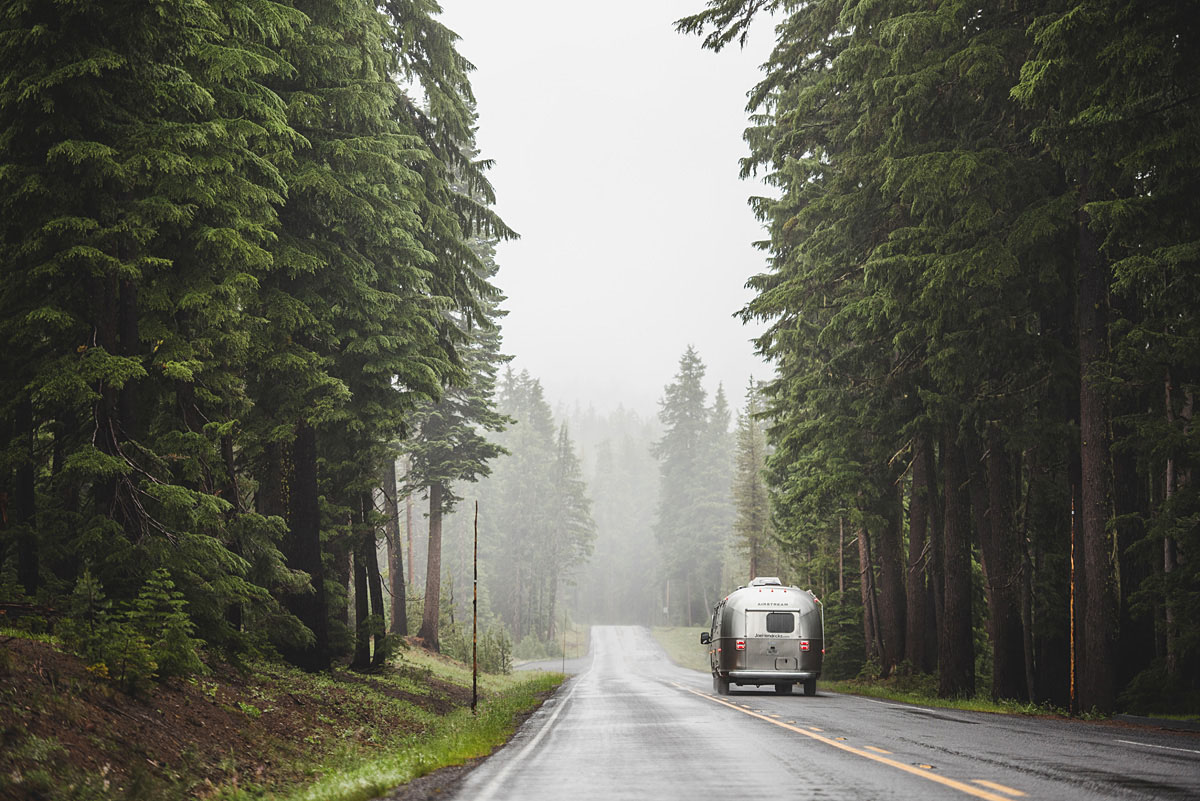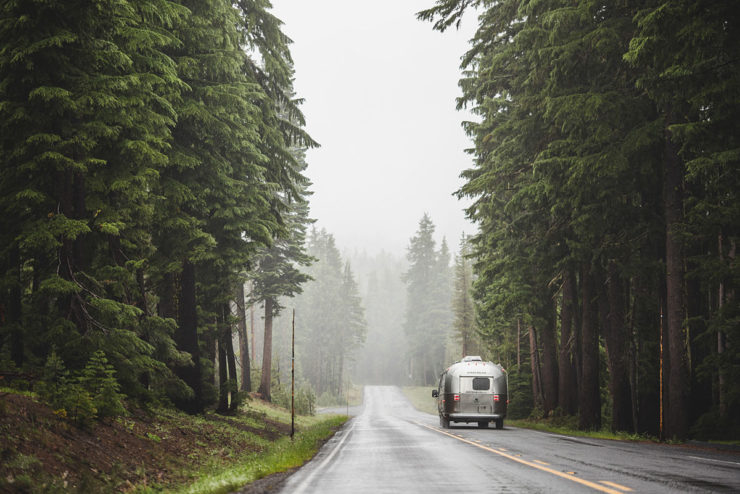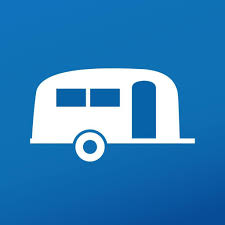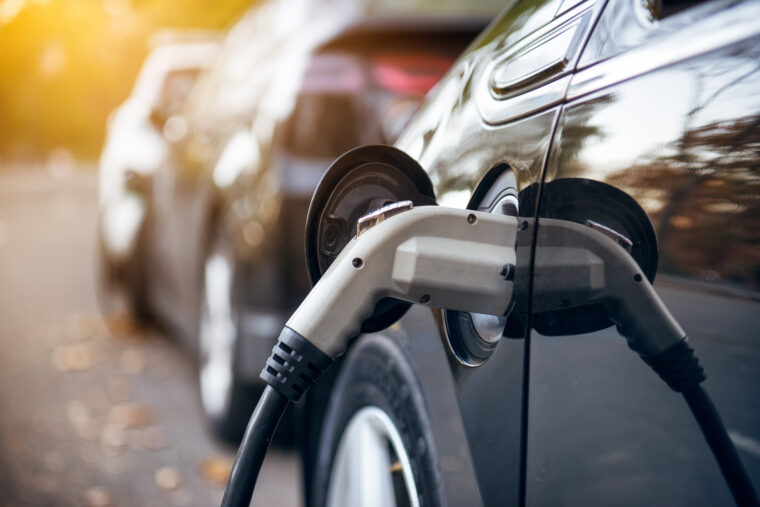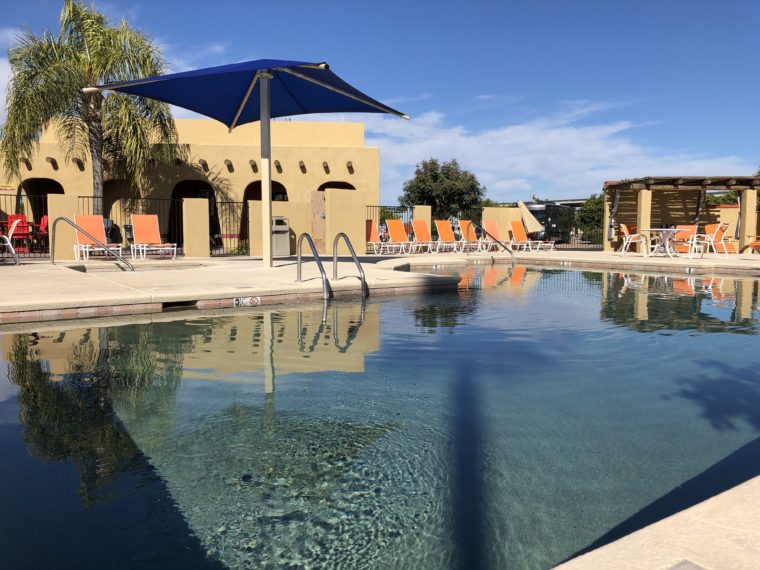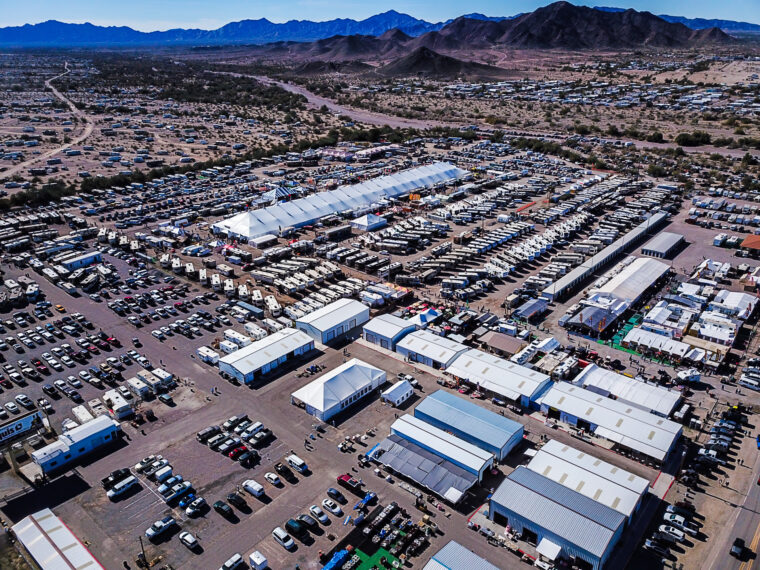Between campground closures, requests from towns for travelers to “stay away,” and a shortage of basic supplies in grocery stores around the country, it’s an uncertain time for full-time RVers. As full-time RVers ourselves, we get it, and we’re doing everything we can to provide resources and support during this unsettling time.
Here is a set of guidelines for full-time RVers during COVID-19 to help keep you, and those around you, safe and healthy.
Note: These guidelines are intended to help full-time RVers who do not have a permanent location to shelter-in-place. Recreational camping is not advisable during this time.
Refrain from traveling, unless you are returning home.
If you have a physical home or property that you can return to, we highly recommend that you do so as soon as possible. At this point, it appears the situation in the United States is going to get worse before it gets better.
If you do not have a physical home or property available for your use, look for a campground or boondocking location where you can stay for at least two weeks. Get to that location, and then stay put. Now is not the time for leisurely travel agendas. We know this hurts, but this is an unprecedented situation in modern times, and we all need to do our part.
Avoid small towns.
Many small towns do not have the medical resources to help their own residents, nevermind those traveling through. This also applies to other essential supplies, like paper goods and produce. When you need to stock up, try to do it in larger towns and cities that can accommodate the needs of many.
If you do need to stop in a small town, be extra careful with what you touch and how you interact with the residents (stay at least six feet away from others at all times). You may have picked up the virus in another location and are asymptomatic. Be extra careful to follow the CDC guidelines so that you don’t risk spreading the virus.
Be aware of, and abide by any restrictions put in place by the local government.
More and more local governments are enacting “shelter-in-place” mandates, which restrict people from moving outside of their residence unless they are engaged in essential business or activity.
Make sure you know of and follow any orders or recommendations published for the town, country, and state where you are located. Check out this list to get started, but be sure to also search for regulations at the town and county level.
Campground Etiquette
Once you’ve found a spot to ride out the wave of COVID-19, breathe a sigh of relief, and then take to heart these recommendations for campground etiquette.
Ask for no-contact check-in. Call the park ahead of time and offer to pay over the phone via credit card. The fewer interactions you have with people outside of your household, the better.
Use your RV bathroom. Shared bathrooms are full of surfaces that can spread the COVID-19 virus. According to Harvard Medical School, the virus “can survive up to four hours on copper, up to 24 hours on cardboard, and up to two to three days on plastic and stainless steel.” By using your RV bathroom instead of campground bathrooms, you can decrease your risk of infection and not inadvertently spread the virus if you already have it.
Avoid the laundromat. For the same reasons mentioned above, it’s best to avoid laundromats. Hand-wash any clothing that you need inside your RV.
Wear gloves at dump stations. There’s no such thing as a “no-touch” dump station run, so, if you don’t already, be sure you wear gloves when dumping and filling your tanks. Try to be extra clean with your hoses, and rinse off the dump station apron when you’re done.
Go outside, but keep your distance. Even the biggest RVs can feel small after a day or two stuck inside. As long as local regulations allow it, go outside, take a walk around the campground, hop on a local trail, or ride your bike. Be sure to stay 6 to 10 feet away from anyone who isn’t in your household. Avoid any crowded trailheads or trails. One of the reasons that state parks are closing around the country is because people weren’t following social distancing precautions.
For more information about COVID-19 and travel, check out the following resources:
Campendium Resources
- State by State Campground Closures & Responses to COVID-19
- Campground Closures & Responses in Canada by Province due to COVID-19
External Resources
- Coronavirus and Travel in the United States, Centers for Disease Control and Prevention
- Coronavirus Disease 2019 (COVID-19) How to Protect Yourself, Centers for Disease Control and Prevention
- Coronavirus Resource Center, Harvard Medical School
- Coronavirus Disease (COVID-19), Escapees RV Club
